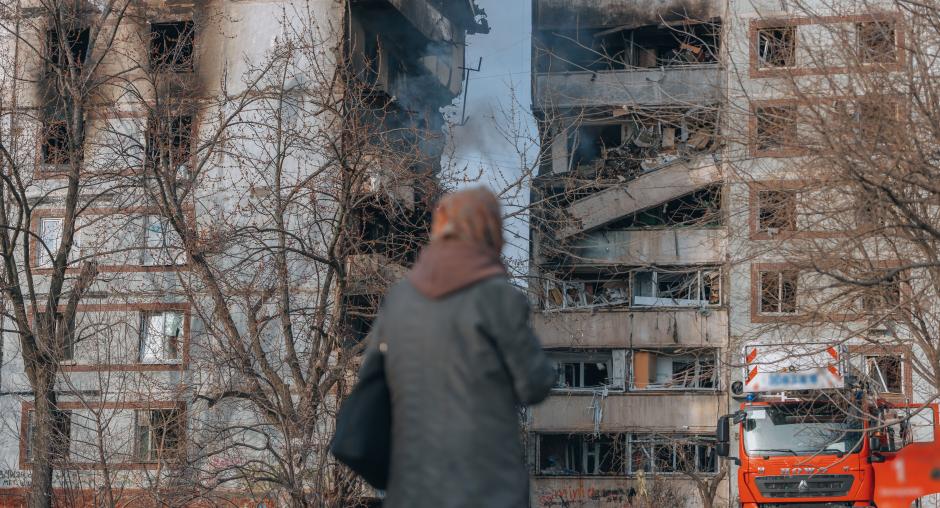More determination needed by states to prevent breaches of international law and ensure accountability during conflict and crisis, OSCE leaders say

VIENNA, 24 April 2023 – While all countries of the OSCE have expressed their determination “to resolve by peaceful means any related issue, individually and collectively, on the basis of mutual respect and co-operation”, violations of international humanitarian law (IHL) and international human rights law (IHRL) are a reality in the region today, OSCE leaders said as a two-day conference began today.
Over 250 people from across the OSCE region registered for the meeting in Vienna, which will centre on the responsibility of states to uphold international law, and focus more specifically on issues related to torture and other grave breaches of international humanitarian law and gross violations of international human rights law. The event brings together representatives of OSCE states, international organizations, civil society, and the media.
“The reminder of the importance of international human rights law at this Supplementary Human Dimension Meeting is vital,” said Ambassador Igor Djundev, Chairman of the OSCE Permanent Council and Permanent Representative of North Macedonia to the OSCE. “It provides a chance for OSCE states and other participants to gain an insight and reflect about the current situation in the OSCE region. If we don’t treat these issues with due attention, we will allow for the serious and brutal developments in the treatment of civilians in times of war to continue.”
Participants will look at the specific obligations for states in connection with grave breaches of IHL and discuss the link between grave breaches of international humanitarian law and war crimes. Discussions will also examine the importance of investigating and documenting allegations of torture, including sexual and gender-based violence, to ensure accountability as well as redress for victims. A final area of focus is on measures states can take to prevent gross violations of IHRL including in times of crisis, political instability and national emergencies and what forms of redress are available.
Victims of gross violations of international human rights law and grave breaches of international humanitarian law have the right to redress, which includes both compensation and effective remedy. States also have an obligation to take measures to ensure that victims of torture have access to effective complaints mechanisms as well as other remedies. While it is the chief responsibility of states to ensure this, many others have a key role to play in both prevention and response, including international organizations, National Human Rights Institutions, and civil society.
“Torture and other gross violations of human rights are a scourge that must end,” said ODIHR Director Matteo Mecacci. “The international community needs to do more to prevent them from occurring, but at the same time put effective measures in place and ensure they are implemented whenever and wherever such violations do take place.”
The countries of the OSCE have committed to “respect and ensure respect for general international humanitarian law” and stated that “those who violate international humanitarian law are held personally accountable.” They also “strongly condemn all forms of torture as one of the most flagrant violations of human rights and human dignity.”
Supplementary Human Dimension Meetings are a platform for the OSCE’s participating States and OSCE institutions, as well as international organizations and civil society, to exchange views and good practices in order to find common solutions for the challenges facing societies across the OSCE region. Today’s discussion is the second SHDM of 2023, with one more planned for this year.
